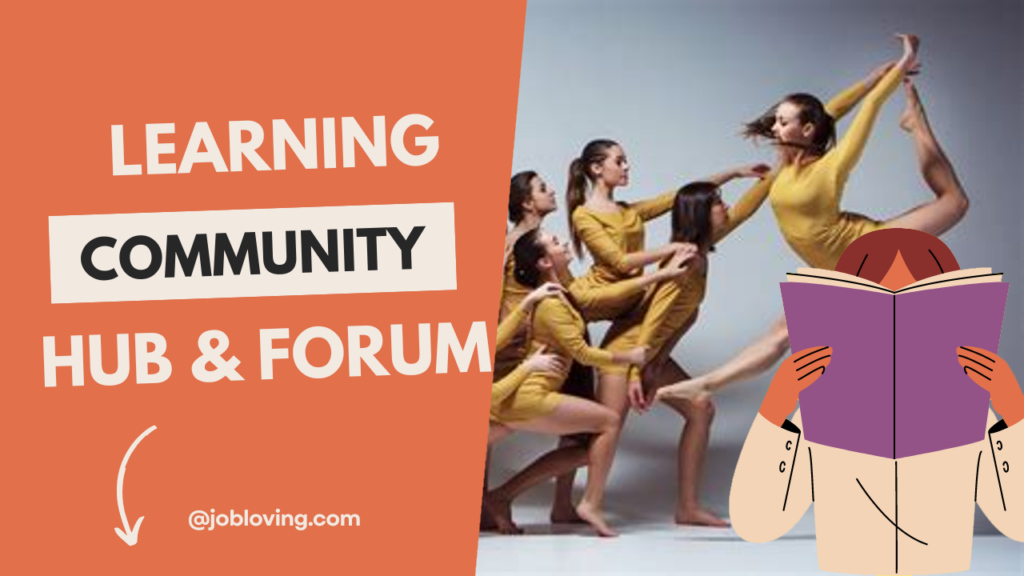Have you ever felt the urge to don your finest attire and hit the dance floor, only to wonder if college life offers those kinds of social shindigs? Well, you’re in luck! College is not just about lectures and cramming for finals; it’s also a glorious arena of dance parties, formal galas, and all sorts of swanky soirees. Let’s explore the fabulous world of college dances and what they have to offer!
Quick answer: Yes, colleges host numerous dances throughout the year!
Absolutely, most colleges host a variety of social events throughout the school year, and formal dances are often part of the mix. You’ll find classic events like prom-ish spring formals, themed parties, and even more casual hangouts that turn into spontaneous dance fests. While some colleges have highly organized galas complete with elegant dresses and tuxedos, others might throw laid-back dance parties in the student union or even outdoors when the weather’s on their side. The variety truly is the spice of college life!
While these events are popular, their frequency and style can vary widely from school to school. Large universities might have several extravagant formal events along with regular dances organized by student groups, while smaller colleges may rely on a few key dances each year. Make sure to check your college’s event calendar or student organization announcements to stay in the loop. You might just find a surprise dance party right around the corner!
So, whether you’re a seasoned dancer or just looking for an excuse to socialize, you’ll definitely find opportunities to let loose and show off your moves. And hey, who knows? You might just create some memorable college experiences on the dance floor while you’re at it! If you have any questions about attending or finding events at your school, or want to dive deeper into your college community, join the JobLoving community for more resources and insights!
Key takeaways about Are there any college dances?
Types and Characteristics of College Dances
- College dances vary significantly by institution, with some hosting formal events like Homecoming or Prom.
- Not all colleges offer formal dances; social culture and organization size greatly influence availability.
- Some colleges may have informal gatherings that are not classified as traditional dances or proms.
- Halloween dances are popular among clubs, providing a festive alternative to more formal events.
- Students moving from high school may find college dance experiences less elaborate than expected.
- College dances can serve as a transition from high school traditions, adapting to collegiate culture.
- Students at colleges often enjoy unique entertainment options, differentiating them from typical fraternity and sorority parties.
- End-of-semester dances, like those at Cambridge, celebrate academic achievements and foster camaraderie among peers.
Formal Attire and Event Organization
- Formal attire is often required for college dances, especially within Greek organizations and clubs.
- Greek organizations frequently hold formals, which are usually invitation-only and require formal dress.
- Participation in Greek life offers students access to exclusive formal events not available to others.
- Formal events in college are less about the dance and more about social networking opportunities.
- College dances often require formal attire, elevating the event’s significance and students’ engagement.
- Cultural departments at colleges can significantly enhance the appeal of formal dances for students.
- Many colleges leverage entertainment to boost attendance at dances, making them more appealing to students.
- Formal dances often emphasize social skills, such as swing, waltz, and line dancing.
Social Dynamics and Student Engagement
- The experience of college dances differs greatly, often reflecting the unique social dynamics of each school.
- The significance of dances in college varies, with some students prioritizing social events over formalities.
- Many students opt out of college dances, finding them less appealing than high school experiences.
- The overall dance culture in college reflects broader social trends and student interests on campus.
- College dances can enhance student life, fostering connections and memories beyond academic responsibilities.
- College galas can serve as significant social events, promoting networking and relationships among students.
- The exclusivity of Greek life events can create a divide in social participation among students.
- Attendance at college dances can be challenging due to the popularity of unchaperoned parties.
Unique Features of Specific College Dances
- NC State hosts a charity event called the Red and White Ball, showcasing campus traditions.
- Wyoming Catholic College hosts four formal partner dances annually, featuring professional dance lessons for students.
- University of Cambridge’s May Ball offers a luxurious dance experience after finals, requiring formal attire.
- Students at Cambridge enjoy famous entertainers and endless champagne during their May Ball celebrations.
- Clare College’s 2011 May Ball theme featured “Alice in Wonderland,” showcasing elaborate decorations and creativity.
- Formal events can be a way to raise funds for charitable causes within college communities.
- Themed college dances create memorable experiences and foster community engagement among students.
Alternative Dance Formats and Gatherings
- Some organizations host receptions or casual gatherings, lacking the formality of traditional dances or proms.
- Many colleges have exclusive dances, typically organized by Greek life or specific clubs on campus.
- College dances often hosted by Greek societies, but some are organized by the colleges themselves.
- College dances provide unique entertainment options, differentiating them from typical fraternity and sorority parties.
- Some colleges may have informal gatherings that do not strictly classify as dances.
- Participation in Greek life often leads to access that non-members do not experience.
- Organizations utilize various formats and themes for engagement in social and dance events.

